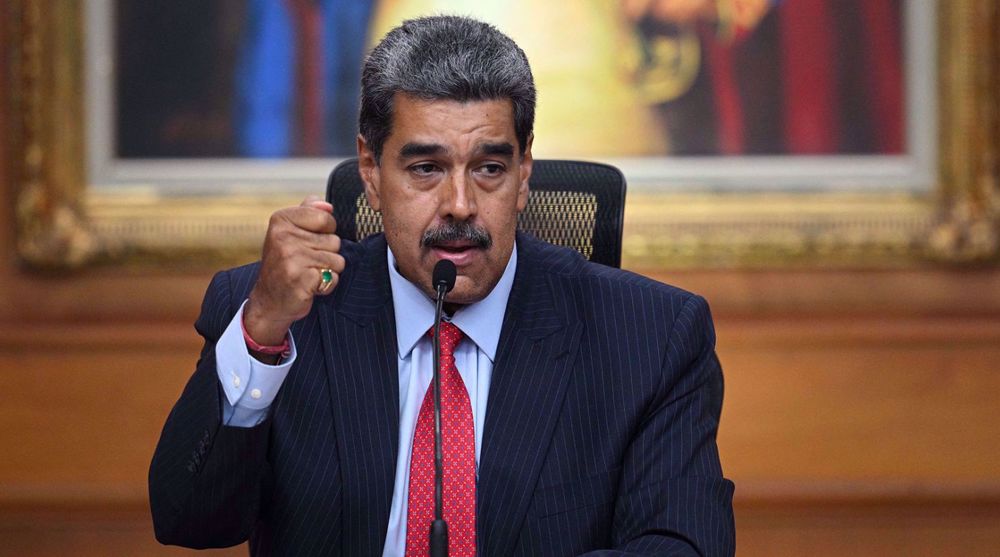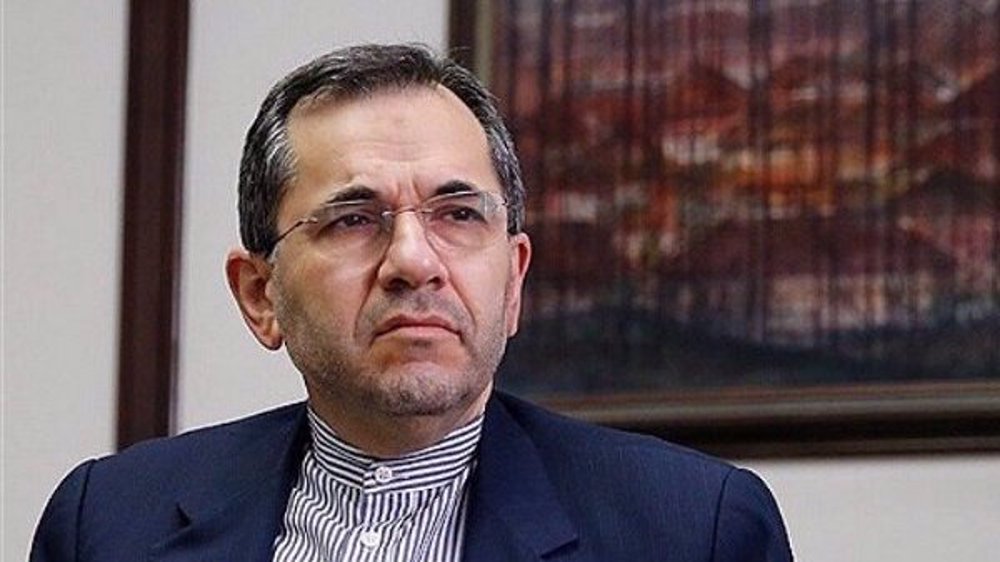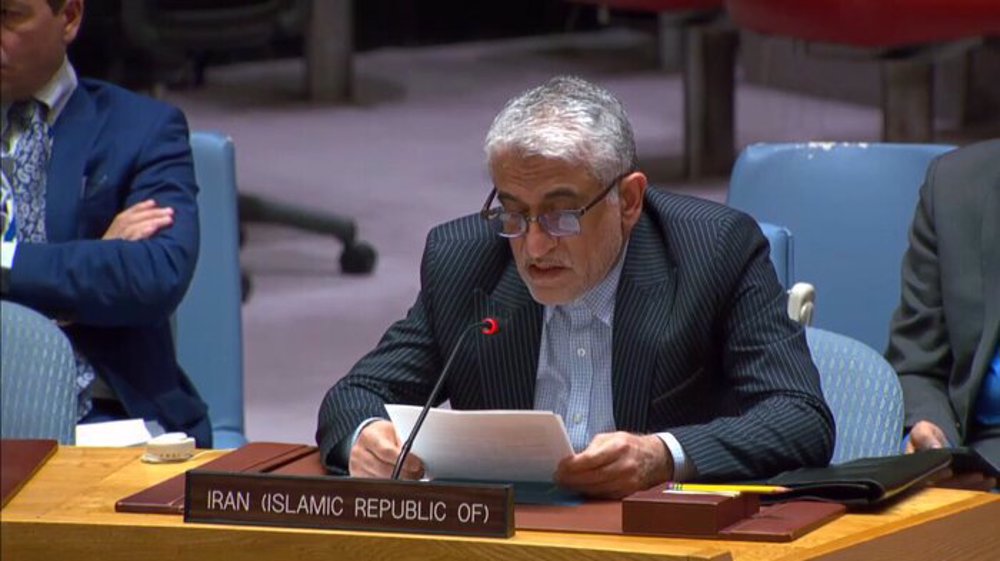France says will focus on de-escalation of Iran-US tension at UNGA
France says its main aim at the UN General Assembly meeting is to de-escalate tensions between Iran and the US, rather than arranging a meeting between the two countries' presidents.
"The meeting between (US) President (Donald) Trump and (Iranian) President (Hassan) Rouhani is not the number one subject," French Foreign Minister Jean-Yves Le Drian told reporters on Sunday.
"The priority subject is whether we can restart a de-escalation path with the different actors," he added.
In recent months, French President Emmanuel Macron has taken the lead in a European effort to save the 2015 Iran nuclear deal and ease tensions between Washington and Tehran.
In May 2018, the US president withdrew his country from the multilateral deal, officially known as the Joint Comprehensive Plan of Action (JCPOA), and re-imposed sanctions against the Islamic Republic.
Iran waited for a year to see if Europe can compensate for the US withdrawal; however, in May 2019 it finally decided to start scaling back its commitments under the JCPOA.
France has offered a credit line of $15 billion, which will guarantee the sale of Iran's crude oil, as an incentive to bring back Iran to the JCPOA. However, the offer has yet to be finalized.
The Iranian president, who will depart for New York to attend the UN General Assembly meeting on Monday, is to hold a bilateral meeting with Macron. However, he has officially declared he will not have any meeting with Trump as long as the US sanctions are in place.
In his Sunday remarks, the French foreign minister said the path to dialogue between Iran and the US was there, "but the parameters for a negotiation have been reduced and the margins shortened" following the recent attack on Saudi oil facilities, for which the US blames Iran.
"This moment is dangerous for the world and the situation is serious because of the magnitude of the strikes (on Saudi oil facilities) and its targets and ...(they) came when we thought there was a window of opportunity for talks," the French top diplomat added.
On September 14, Yemen's popular Ansarullah movement launched retaliatory drone strikes against major oil facilities in Saudi Arabia, which led to a halt in about 50 percent of the Arab kingdom’s crude and gas production, causing a surge in oil prices.
Riyadh and Washington, without evidence, blamed Iran for the brazen attack and promised retaliatory attacks. However, Tehran has vehemently rejected accusations of involvement in the raids as "lies" and warned of "an all-out war" in the event of military strikes against the country.
Saudi Arabia and its allies launched the war on Yemen in March 2015 in an attempt to reinstall a Riyadh-backed former regime and eliminate the Houthi movement, which has been defending the country along with the armed forces.
The Western-backed offensive, coupled with a naval blockade, has destroyed the country’s infrastructure, and led to a massive humanitarian crisis.
VIDEO | Massacre in Pakistan’s Parachinar sparks outrage
Iran decries US intervention in Venezuela’s internal affairs
VIDEO | IAEA's loss of opportunity to revive diplomacy after new anti-Iran resolution
Hamas says female Israeli captive killed in Gaza, holds Netanyahu responsible
Majority of US Jewish teens 'sympathize with Palestinians': Survey
Another Palestinian journalist killed in Israeli bombing in Gaza
VIDEO | Children suffer brunt of forced starvation in Gaza
ICC arrest warrants for Netanyahu, Gallant: A watershed moment in intl. justice












 This makes it easy to access the Press TV website
This makes it easy to access the Press TV website